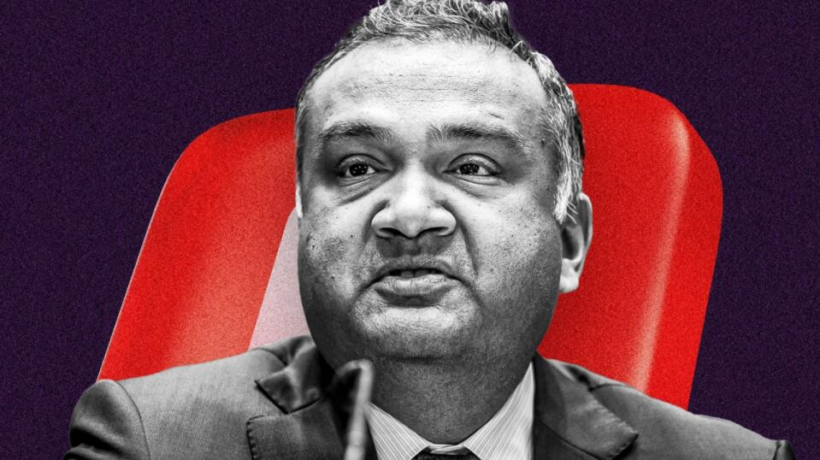YouTube CEO Susan Wojcicki, one of the most prominent women in the tech industry, announced plans to step down Thursday, after 25 years with Alphabet and 9 years running the video-sharing site.
Neal Mohan, YouTube’s chief product officer and Wojcicki’s longtime top lieutenant, will take over, with a promotion to SVP and head of YouTube.
Wojcicki had high praise for Mohan in her announcement, saying, “He has a wonderful sense for our product, our business, our creator and user communities, and our employees. Neal will be a terrific leader for YouTube.”
Mohan has hardly been a behind-the-scenes person in his time with YouTube. But he’s still unfamiliar to many regular users. Here are a few things to know about what he brings to the table.
He has a strong background in advertising
Before coming to Google in 2007, Mohan was senior vice president of strategy and product development at online ad company DoubleClick. As part of that role, he built the company’s strategic plan, led the product management team, and grew the business. He played a critical role in the sale of DoubleClick to Google and led the integration of the two businesses. Before he moved over to YouTube, he was SVP of display and video ads for Google.
He has overseen YouTube’s battles with TikTok
TikTok’s rapid adoption is one of the biggest threats YouTube has faced. Rather than just slapping up a clone of the service, as some other social media sites did, the division launched YouTube Shorts in September 2020 in a single market—India—to test and refine its short-form-content arm. Within five months, it was getting 3.5 billion views a day in the country. Today, it gets 30 billion views per day.
Shorts is global now, and Mohan, last September, made a push for creators to monetize their content, saying YouTube would pay a portion of the revenue Shorts generate, distributing it based on viewership totals—an extension of the YouTube Partner Program for longer videos.
He played a pivotal role in some of YouTube’s biggest products
Shorts is getting the most attention these days, but Mohan has had a hand in some of YouTube’s other biggest products since he became chief product officer in 2015, including YouTube TV, YouTube Music, and Premium.
“The best analogy that comes to mind for me is really just thinking about YouTube as a stage,” he told Fast Company last year. Viewers need “the best views possible of the creators that they’re most excited about.”
He’s been working to address extremist content on the platform
Last September, Mohan both testified before Congress and attended a White House summit where he unveiled a new content moderation policy at YouTube, targeting violent extremist content on the site. An extension of existing policies that focused on groups like ISIS, the new policy prohibited content that glorified violence or attempted to recruit or fundraise for extremist groups, even when the content itself wasn’t affiliated with a designated terrorist organization. YouTube, at the same time, began a media literacy campaign to help viewers, especially younger ones, identify manipulation tactics used to spread misinformation.
Twitter tried hard to recruit him
Twelve years ago, Twitter was struggling to find its place in the world. Then-CEO Dick Costello was having trouble retaining executives, and users weren’t especially excited about the social media site. Board member David Rosenblatt had worked with Mohan at DoubleClick and convinced the site to bring him on as chief product officer.
Mohan initially seemed primed to accept the job, but Google wasn’t about to let him go, paying him a $100 million stock bonus to stay. It was an easy choice.
YouTube isn’t the only business that gets his attention
While his responsibilities at YouTube demand most of this time (and may require even more with his promotion), Mohan is a board member at two other companies. Since 2015, he has been on the board at consumer genetics and research company 23andMe, and in 2020, he joined the board at Stitch Fix.







